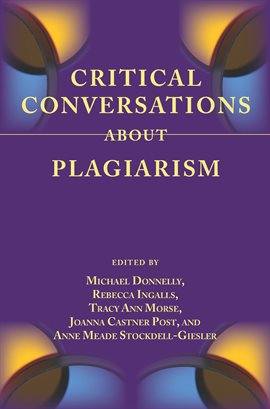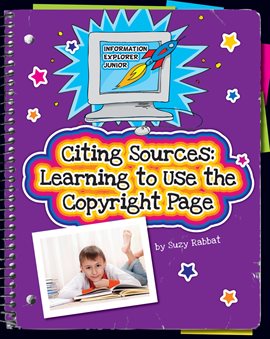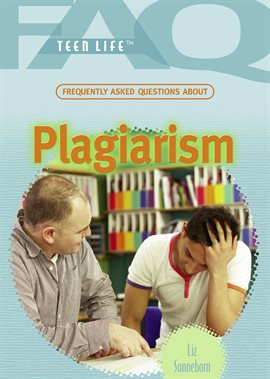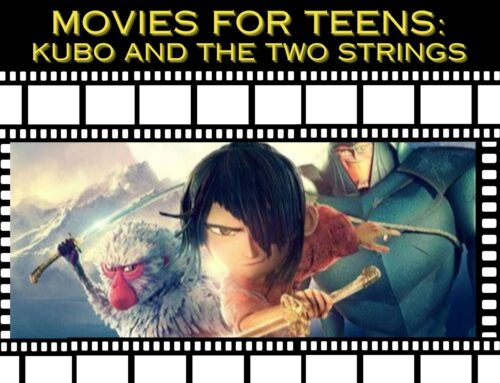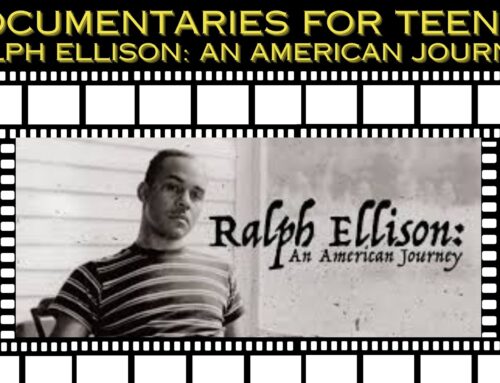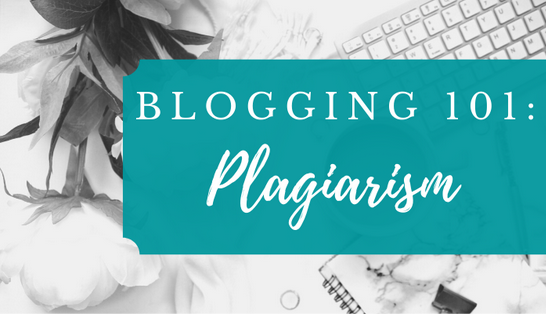
Plagiarism is taking another person’s words or ideas, either in their entirety or in part, and passing them off as your own. Just as you learn to avoid plagiarism in school, you should take steps to avoid plagiarism–purposeful or accidental–while blogging. In this section, we will cover how to avoid plagiarism, as well as what to do if you think another person has plagiarized you.
Avoiding Plagiarism
The basic rule of avoiding plagiarism is to give credit to others, both when you are quoting directly–even if it is only a small portion of text–and when you are paraphrasing someone else’s words or ideas. If you quote someone else directly, you should place their words in quotation marks, just as you would do for a paper in school. If you are paraphrasing their work, you should note this in the text. For example, you could write, “Sam, who blogs at Sam’s Snacks, writes that….”
Some bloggers include Works Cited for their blog posts, again exactly as if they were writing a research paper for school and had to format it in MLA or APA. This is a possibility for you, especially if you are referring to works that are not available online. However, it is also common for bloggers to simply provide a hyperlink back to the article, post, or blog to which they are referring. Basically, you want to give your readers as much information as possible so they can follow your train of thought and trace any references back to their sources.
If You Are Plagiarized
Unfortunately, you could potentially discover one day that your work has been taken by another blogger and is being passed off as their own. If you do become aware of this scenario, you should take screenshots of both your post and theirs, with the posted dates visible in both screenshots. After obtaining your evidence, you could technically pursue a legal option. However, if you decide doing so is not worth the time, effort, or money, you can contact the blogger directly to request that they remove the plagiarized content. (This is a good reason to have a dedicated blog email.) If they do not comply, your other option is to contact whoever is hosting their content and ask the host to remove it.
Having your work taken by another person can, of course, affect your blog traffic, as readers who would have gone to your blog are now being redirected to someone else’s. However, it can also take an emotional toll. If you find out your work has been plagiarized, reach out to someone you trust who can help support you.
Conclusion
The writing skills you have been learning in school transfer easily to a blog setting. Remember to use quotation marks, paraphrase when appropriate, and always cite your sources. If you unfortunately discover that it is your work that has been plagiarized, know that you have options available to you. But make sure that you are talking with someone you trust as you go through the process.
Further Reading
The library has many sources to help you get started on your blogging journey. For digital resources, visit the Charles County Public Library website and search under “Read, Watch, & Listen” to find our digital media service Hoopla. Hoopla allows library patrons to check out e-books, audiobooks, and films with no wait list. Here are few titles on Hoopla that you may find useful:
Critical Conversations about Plagiarism by Michael Donnelly, Rebecca Ingalls
Citing Sources by Suzy Rabbat
Frequently Asked Questions about Plagiarism by Liz Sonneborn

